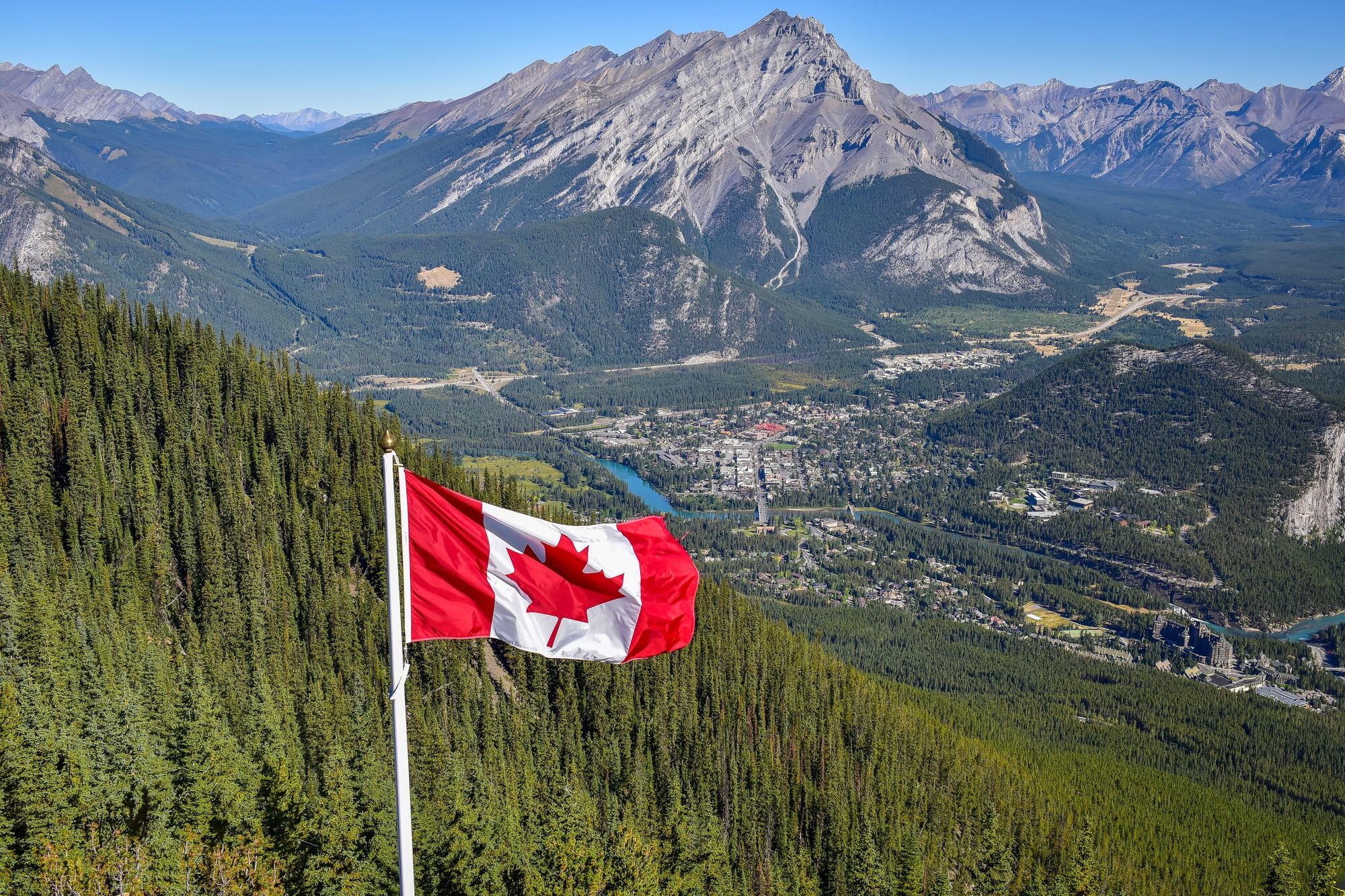Canada’s Liberal Party is projected to win a fourth consecutive election, giving a mandate to former central banker Mark Carney after a campaign in which he pledged to boost economic growth and stand up to US President Donald Trump in a trade war.
The margin of victory appears to be narrow. Liberal candidates were leading or elected in 167 seats, ahead of the Conservative Party’s 145 seats, as of 3:15 a.m. Ottawa time on Tuesday morning.
Carney’s party had about 43% of the national vote but may fall short of the 172 seats needed for a majority in the House of Commons, meaning the government would be forced to work with other parties to pass budgets and other legislation. Under the tightest scenarios, the Bloc Quebecois, which runs candidates only in French-speaking Quebec, might hold the balance of power.
Addressing supporters in Ottawa in the early hours, Carney was ebullient, following the success of his remarkable swoop from the private sector straight to the apex of Canadian politics in about three and a half months.
But his speech also reflected the tricky reality that the novice politician may need to strike deals and compromise with rivals to deliver on the ambitious program he’s promised to Canadians.
“While many have chosen to place their trust in me, trust in the Liberal Party, millions of our fellow citizens preferred a different outcome,” he said, talking about “working constructively with all parties across parliament.” He made sure to note the importance of Quebec’s French language, the difficulty he faces in connecting with Canada’s conservative, oil-producing prairies, and congratulating the left-wing NDP’s “progressive values.”
Looming over all of the election was Trump. Carney told supporters he would focus on strengthening Canada’s economic independence, including making the nation into an “energy superpower.”
“We are over the shock of American betrayal,” Carney said. “But we should never forget the lessons.”
European leaders were quick to congratulate Carney, predicting closer ties with Canada as it looks for partners other than its southern neighbor. British Prime Minister Keir Starmer said he’ll look to “deepen our economic relationship,” while European Commission President Ursula von der Leyen said the bond between Europe and Canada was strong and “growing stronger.”








